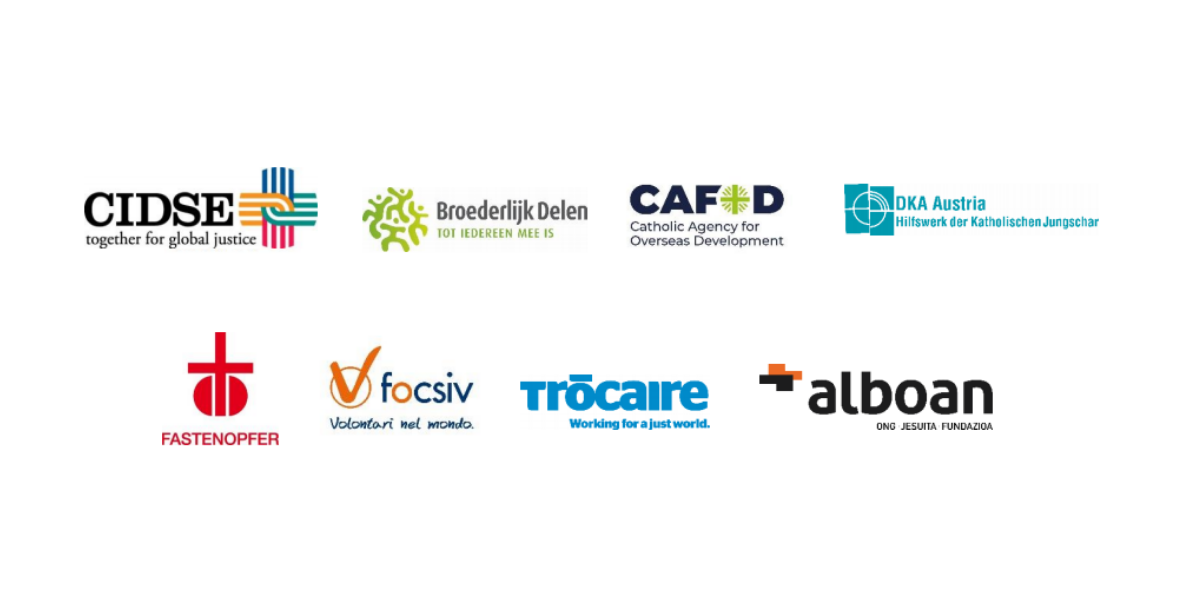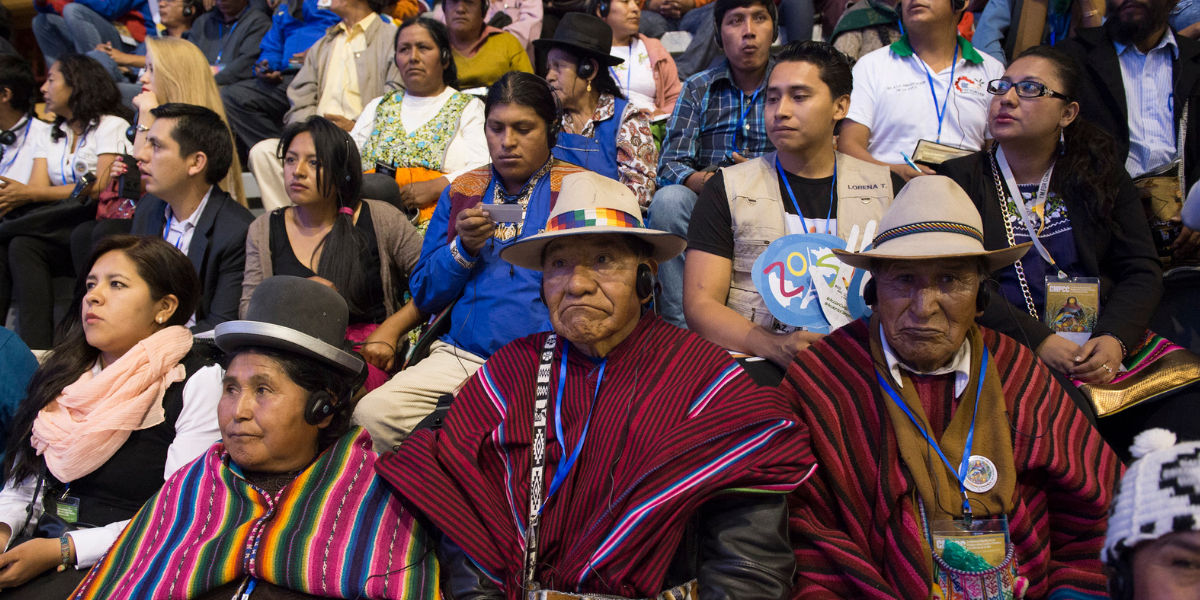Photo: United Nations.
The world is facing a double crisis: the impacts of the coronavirus pandemic, which has exposed the burden of risk in supply chains that unevenly falls on the poorest workers and communities, and the ongoing climate and biodiversity crisis, whose impacts are similarly hitting the most vulnerable hardest. We must now rebuild an economy that protects communities, workers and the environment – including from the negative impacts of companies.
The United Nations Guiding Principles on Business and Human Rights (UNGPs), endorsed on 16 June 2011, have been an important framework to establish the responsibility of states to protect human rights (pillar 1), the responsibility of companies to respect human rights (pillar 2), and to facilitate access to remedy for those harmed (pillar 3).
However, they are not legally binding principles, and they have not sufficiently been converted into binding, enforceable standards. To date, their implementation has given priority to voluntary corporate initiatives. These initiatives have failed to significantly change the way companies operate or achieve justice for victims of corporate abuse, and have created an uneven playing field for businesses.
The UNGPs also contain some significant omissions, including the right of communities to say “no” to corporate activity on their land and territories (regardless of any action by companies to prevent or mitigate harmful impacts) and the interdependence of human rights and the environment.
Today, communities in the Global South continue to face human rights abuses and environmental destruction as a result of the operations and supply chains of powerful multinational companies based in richer countries, including in Europe. These impacts include the loss of lives and livelihoods of workers, individuals and communities worldwide; pollution of invaluable natural resources such as rivers, land and forests; violation of the rights of indigenous people and those working in rural areas, loss of biodiversity.
Now is the time for legally binding and enforceable rules on human rights and the environment at the national, EU and UN level. Companies must be liable for the harm they cause, contribute to or are directly linked to, even when this happens outside national boundaries. Communities and victims must be able to access justice for the harms they suffer.
We demand a strong UN Binding Treaty on Business and Human Rights, which would hold companies accountable for human rights and environmental abuse under international law. We also support national and regional laws which include strong provisions on liability and access to justice – which the proposed EU law on mandatory human rights and environmental due diligence has the potential to be.
Strong laws will ensure that businesses who do the right thing will not be undercut by irresponsible companies operating to lower standards and that European businesses will not profit off the back of abuse committed out of sight.
The only way to change the behaviour of businesses is to enshrine respect for human rights and the environment into binding international law.
SIGNATORY ORGANISATIONS


